"Mama, play with me!" your little one insists, grabbing your hand. Meanwhile, dishes are stacked in the sink, you need to make dinner, and you're not feeling very playful. Immediately, you feel guilty and stressed for wanting to avoid play.
If you decide not to play, does that make you a bad parent? Will your child miss out on essential learning or emotional bonding? If you sometimes struggle to play with your child, you're not alone. This is a common struggle, and fortunately, one with an easy solution.
Do You Have to Play with Your Child?
The short answer is no; you don't have to spend a lot of time playing with your child. Many experts, including psychology researchers, say that playing can be a great way to connect. However, it is not mandatory to build a positive parent-child relationship.
David Lancy is an anthropologist and professor emeritus of Utah State University. He explains that parents playing with children is a recent development in history. Even in modern times, adults don't play with children in most cultures. And yet, children in these cultures still grow up to be successful adults.
Other experts in the space, like Michaeleen Doucleff, author of Hunt, Gather, Parent, agree. When traveling the world with her preschooler, she saw that parents in Arctic tribes and Yucatan communities don't play with their kids. Instead, they interact with their children in other ways. Specifically, in Arctic tribes, parents may tell stories, while in Yucatan communities, children do chores alongside their parents.
The Montessori method of education takes a similar approach. In her lectures to parents, Montessori said, "The greatest help you can give your children is the freedom to go about their own work in their own way, for in this matter your child knows better than you."
Freedom for children is a theme in the Montessori philosophy. She encouraged teachers and parents to avoid interrupting children at play, what she called "work." She noticed that adults often interrupt children when they are concentrating.
What is Play?
Experts define play in many different ways. Montessori and other renowned early childhood experts like Piaget recognized the importance of play, calling it "the work of the child." In the Montessori philosophy, children play to learn using engaging materials like blocks, wooden alphabets, cooking tools, and more.
A definition of play can also refer to imaginative or pretend play. In this type of play, children role-play or imagine they're living in a new place or story. This type of play also brings many benefits and learning opportunities.
Additionally, we can consider the child's perspective and how they view play. One thing to note is that although not all cultures feature parent-child play, nearly all cultures do have play among children.
Lancy cited an interesting study that shows that kindergarteners believe that play only happens with other children. In his paper, "Accounting for Variability in Mother-Child Play", Lancy explained that scientists interviewed children about what counts as play. They found that "children understood play to be an activity 'that took place with other children with little or no involvement from adults.'"
Children Need Opportunities for Independent Play
Experts agree that parents don't need to play with children. However, children do need opportunities for play, especially with other children. Even more importantly, children need the chance to play independently. In a paper published in the Journal of Pediatrics, experts argue that independent play (without adults involved) can help boost mental health in children.
In other words, parents should seek opportunities for children to enjoy unstructured and even risky play. For example, if you set up a play date, you can step back and let the children play without interfering. Or, seek out a preschool or daycare that includes plenty of recess time or free play.
In Montessori schools, children learn in a mixed-age environment, creating more opportunity for play and learning among children. Older children become leaders and teachers. Younger children view the older children as role models and are inspired by their abilities. This same dynamic also exists in families with several children or mixed-age play groups.

How to Connect When You Don't Want to Play or Are Too Tired to Play
When asked what he wished modern parents would understand, Lancy responded that he wished they'd "lose the guilt." Playing isn't the only way to connect with your child. That said, as a mom of three, I know that feelings of failure or guilt are hard to combat.
Society is constantly telling parents what they're doing wrong and what more they can do to support their children's development. When you want to tell your child, "I don't want to play with you anymore," consider other ways to connect and build your relationship.
Cook Together
Consider involving your child in everyday chores like cooking and cleaning. Toddlers especially enjoy helping in the kitchen, which also brings many benefits. Plus, while cooking, you can spend quality time talking and learning together. The best part is that you'll get chores done while giving your child the positive attention they crave.
Read Time
Grab a few books and snuggle up while building literacy skills. Learning to read starts with reading with an adult and having discussions about books. Ultimately, this activity provides a wonderful way to connect without requiring play.
Play Games (Structured)
Lots of parents can enjoy structured games like board games and hide-and-seek more easily than pretend play. When your child asks to play, you can offer to play a game of Memory or Monopoly instead.
Draw or Craft Together
Color or paint side-by-side to enjoy some creativity together. Or, teach your child to sew or crochet. Either way, you'll create memories together.
The Bottom Line on Playing with Your Child
Play is essential for your child to develop fine motor skills, build their vocabulary, and even practice social skills. High-quality play can also help reduce your child's anxiety and foster curiosity about the world around them.
That said, you won't ruin your child's development if you decide not to play. Your child can gain all the important skills they need by playing with the best playmates of all: other children. In your parent- child relationship, finding other ways to connect can preserve your sanity and help you build an even stronger bond with your little one.
Sources:
- Psychology Today: When Parents Don't Feel Like Playing
-
Psychology Today: Playing With Children: Should You, and If So, How?
- The Boston Globe
- NPR: Hunt, Gather, Parent
- NPR: Can Inuit Moms Help Me Tame My 3-Year-Old's Anger?
- AMI
- Accounting for Variability in Mother-Child Play
- Journal of Pediatrics
- Let Grow
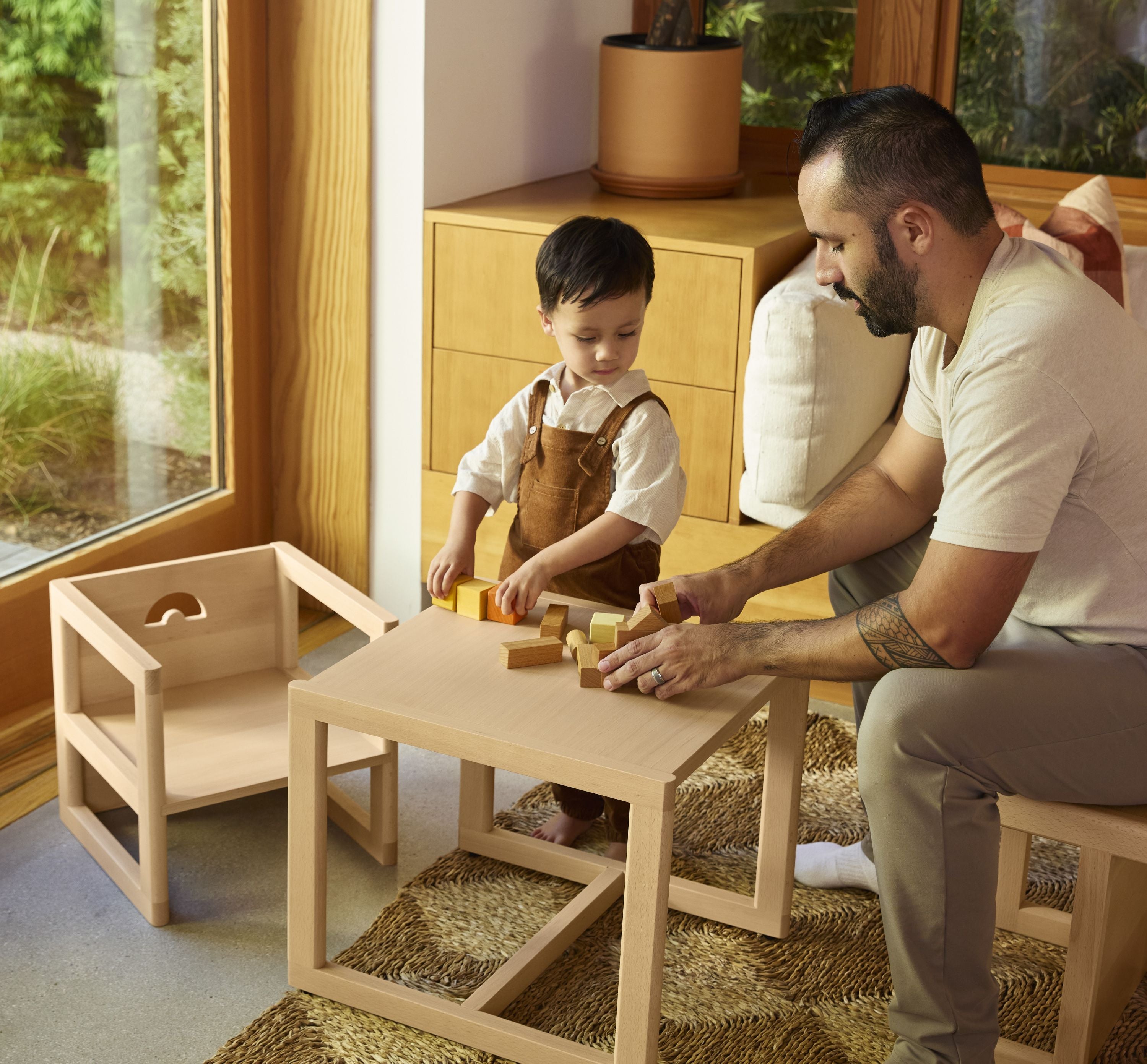

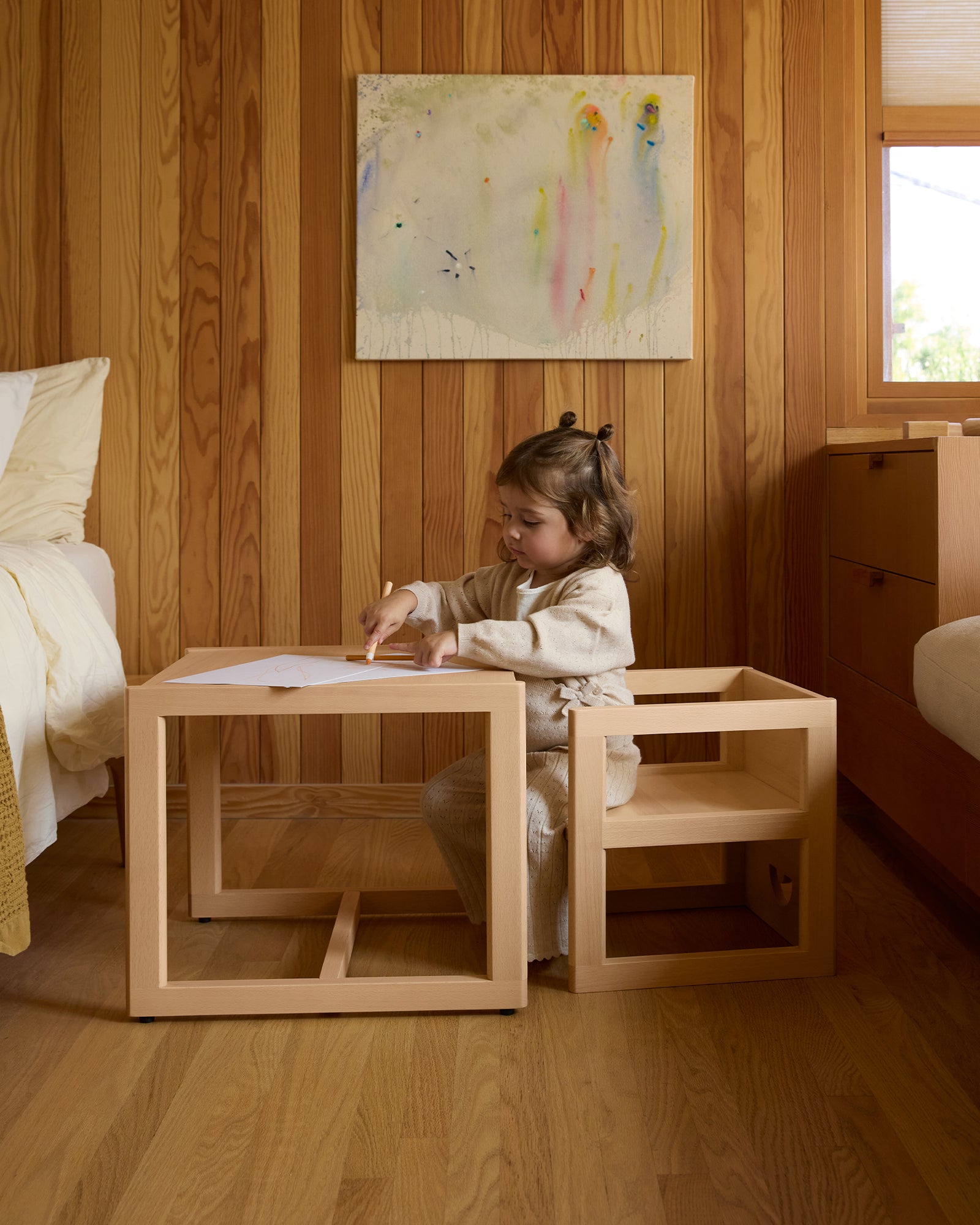

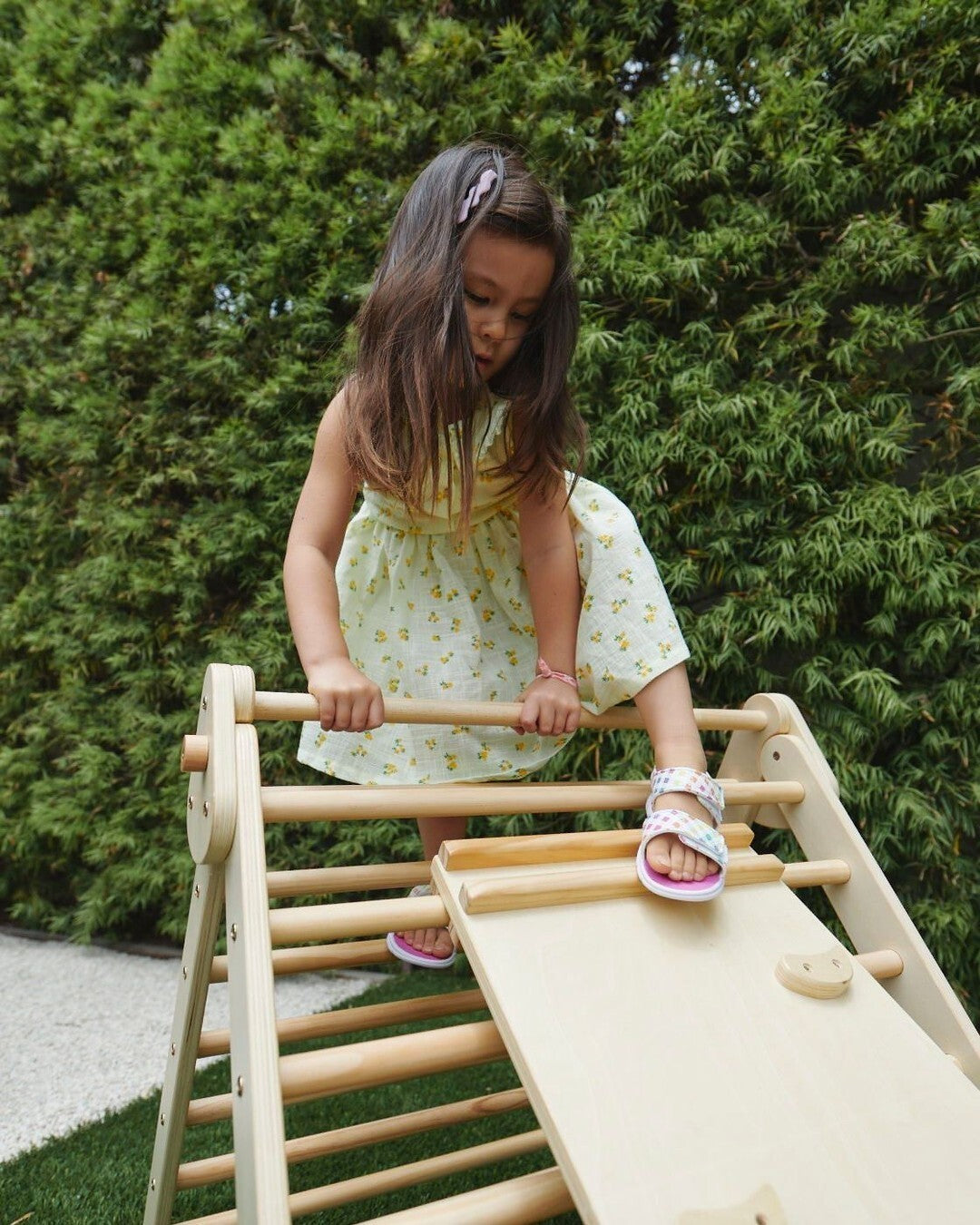
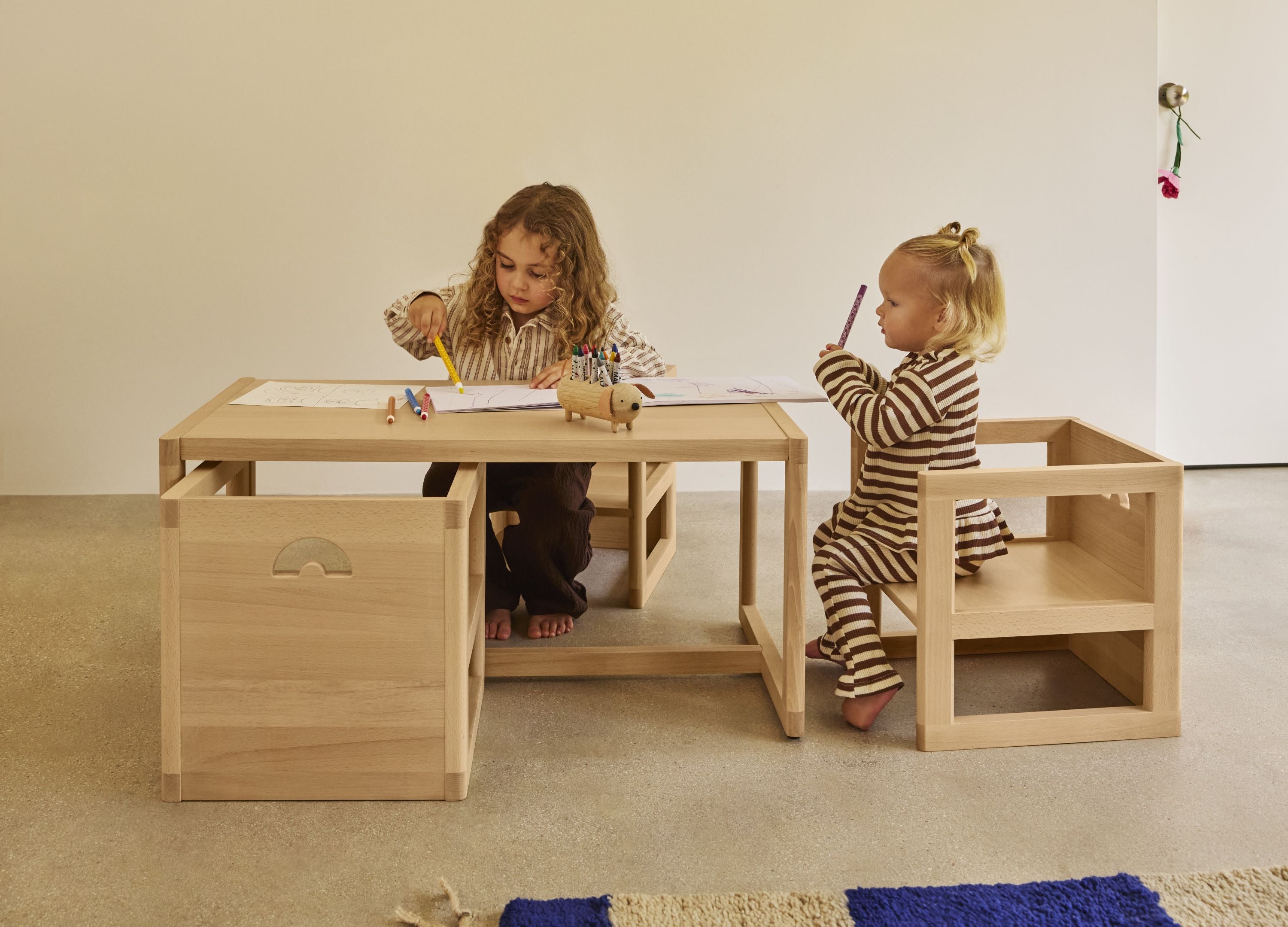
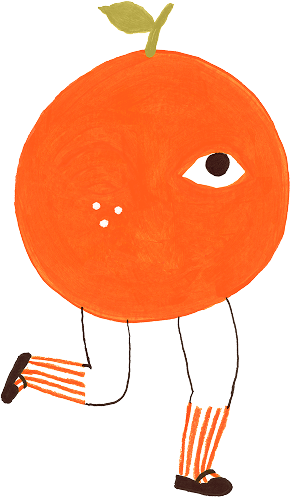
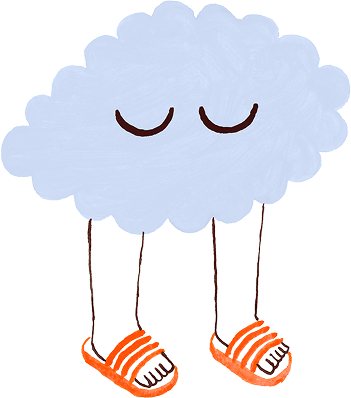
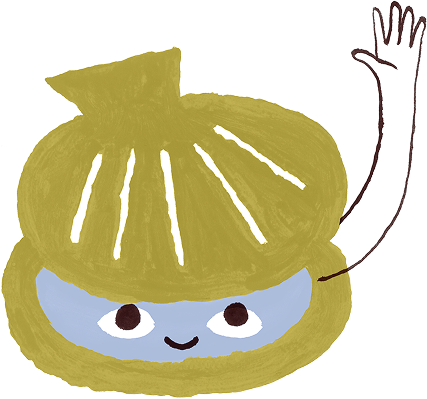
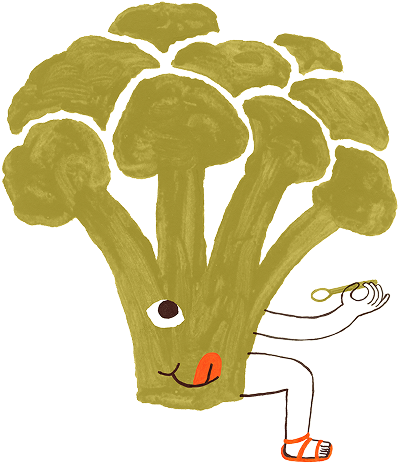
Leave a comment
This site is protected by hCaptcha and the hCaptcha Privacy Policy and Terms of Service apply.